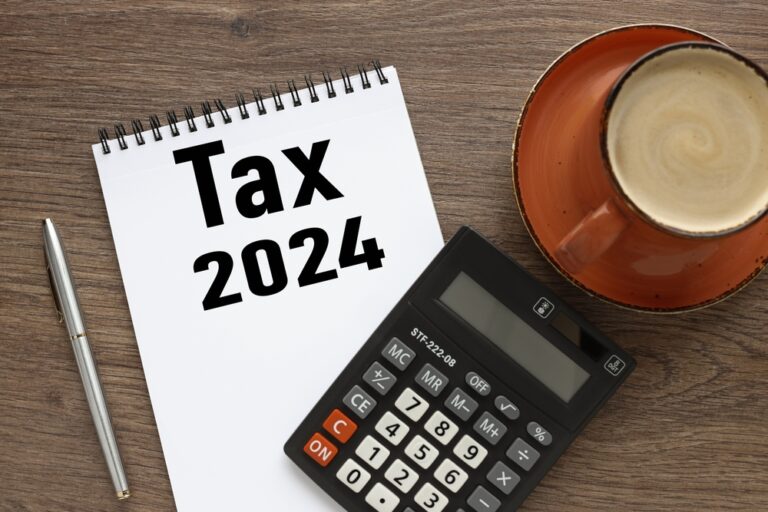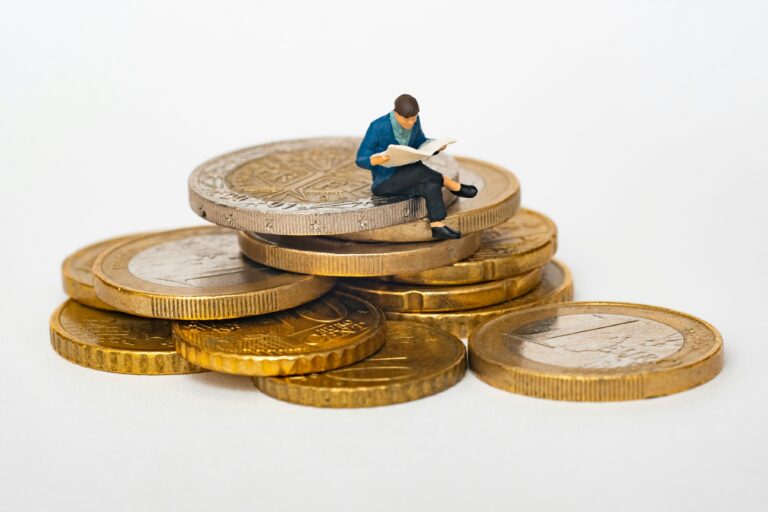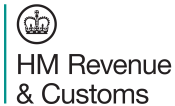Bounce Back Loans - When Could Directors be Made Liable?
 > Resources
>
Newsletter
> Resources
>
Newsletter

Bounce Back Loans - When Could Directors be Made Liable?
 > Resources
>
Newsletter
> Resources
>
Newsletter
Since they were introduced in May of last year (2020), more than one million Bounce Back Loans have been approved, with more than £30bn of funding landing in the accounts of the UK’s small businesses. However, for some businesses, even these attractive loans will not be enough to save them. That’s why it’s so important that you understand the potential implications if you default on the loan and your business enters liquidation.
What is the Bounce Back Loan Scheme?
The Bounce Back Loan Scheme (BBLS) is a loan with very favourable terms that was introduced by the UK government to give small businesses a quick source of affordable funds. Under the BBLS, small businesses can access 25% of turnover up to a maximum of £50,000 to help them ride out the Covid storm.
No interest is charged for the first 12 months and importantly, the loan is 100% government backed. That means there’s no need for assets to be provided as security or personal guarantees to be given by company directors.
What Happens if you Default on a Bounce Back Loan?
Government has advised lenders to follow their usual protocols for chasing and enforcing loan defaults. This will mean threatening letters, court action and potentially baliffs if you don’t pay, within what timeframe remaining unclear at this point. The lenders have to chase borrowers for unpaid loans through the courts.
The key point here is that while simply not paying back the loan is unlikely to yield decisive and immediate action from which lending institution you used, it will happen eventually.
What Happens if you Don’t pay Back a Bounce Back Loan?
If you cannot pay back the Bounce Back Loan, your company has likely reached a state of insolvency, one of the definitions of which is an inability to pay bills when due.
The state of insolvency puts directors at risk unless you understand what it means and how it changes your responsibilities. This means you cannot pay anyone (employees, yourself, any creditor etc) without risk of showing preference.
What Happens to a Bounce Back Loan in Liquidation?
If your company has been hit hard by the outbreak and cannot afford to repay its debts, you will need to decide on the best course of action. If the business cannot be rescued, you will be left with little choice but to close the company down. A creditors’ voluntary liquidation is the process of closing down a company with debts voluntarily. A licensed insolvency practitioner must be appointed to sell the business’s assets, repay the creditors in a prescribed order and close the company down.
Can you be Made Personally Liable for Bounce Back Loans during a Company Liquidation?
So far then, the situation seems clear cut. If you cannot repay a Bounce Back Loan, whether the company is liquidated or otherwise, then you will not be personally liable for its repayment.
However, there are two scenarios when personal liability issues may arise against Directors:
1. When the funds are not used for the benefit of the company?
If the Directors are taking advantage of the scheme by using the funds to buy personal assets, invest in property and pay off personal loans.
2. When you pay certain creditors ahead of others?
An example of a preferential payment could be a loan that’s repaid to a connected party of the company such as a board member, relative or friend, while other unsecured creditors such as HMRC go unpaid.
Recent Posts
Since they were introduced in May of last year (2020), more than one million Bounce Back Loans have been approved, with more than £30bn of funding landing in the accounts of the UK’s small businesses. However, for some businesses, even these attractive loans will not be enough to save them. That’s why it’s so important that you understand the potential implications if you default on the loan and your business enters liquidation.
What is the Bounce Back Loan Scheme?
The Bounce Back Loan Scheme (BBLS) is a loan with very favourable terms that was introduced by the UK government to give small businesses a quick source of affordable funds. Under the BBLS, small businesses can access 25% of turnover up to a maximum of £50,000 to help them ride out the Covid storm.
No interest is charged for the first 12 months and importantly, the loan is 100% government backed. That means there’s no need for assets to be provided as security or personal guarantees to be given by company directors.
What Happens if you Default on a Bounce Back Loan?
Government has advised lenders to follow their usual protocols for chasing and enforcing loan defaults. This will mean threatening letters, court action and potentially baliffs if you don’t pay, within what timeframe remaining unclear at this point. The lenders have to chase borrowers for unpaid loans through the courts.
The key point here is that while simply not paying back the loan is unlikely to yield decisive and immediate action from which lending institution you used, it will happen eventually.
What Happens if you Don’t pay Back a Bounce Back Loan?
If you cannot pay back the Bounce Back Loan, your company has likely reached a state of insolvency, one of the definitions of which is an inability to pay bills when due.
The state of insolvency puts directors at risk unless you understand what it means and how it changes your responsibilities. This means you cannot pay anyone (employees, yourself, any creditor etc) without risk of showing preference.
What Happens to a Bounce Back Loan in Liquidation?
If your company has been hit hard by the outbreak and cannot afford to repay its debts, you will need to decide on the best course of action. If the business cannot be rescued, you will be left with little choice but to close the company down. A creditors’ voluntary liquidation is the process of closing down a company with debts voluntarily. A licensed insolvency practitioner must be appointed to sell the business’s assets, repay the creditors in a prescribed order and close the company down.
Can you be Made Personally Liable for Bounce Back Loans during a Company Liquidation?
So far then, the situation seems clear cut. If you cannot repay a Bounce Back Loan, whether the company is liquidated or otherwise, then you will not be personally liable for its repayment.
However, there are two scenarios when personal liability issues may arise against Directors:
1. When the funds are not used for the benefit of the company?
If the Directors are taking advantage of the scheme by using the funds to buy personal assets, invest in property and pay off personal loans.
2. When you pay certain creditors ahead of others?
An example of a preferential payment could be a loan that’s repaid to a connected party of the company such as a board member, relative or friend, while other unsecured creditors such as HMRC go unpaid.





